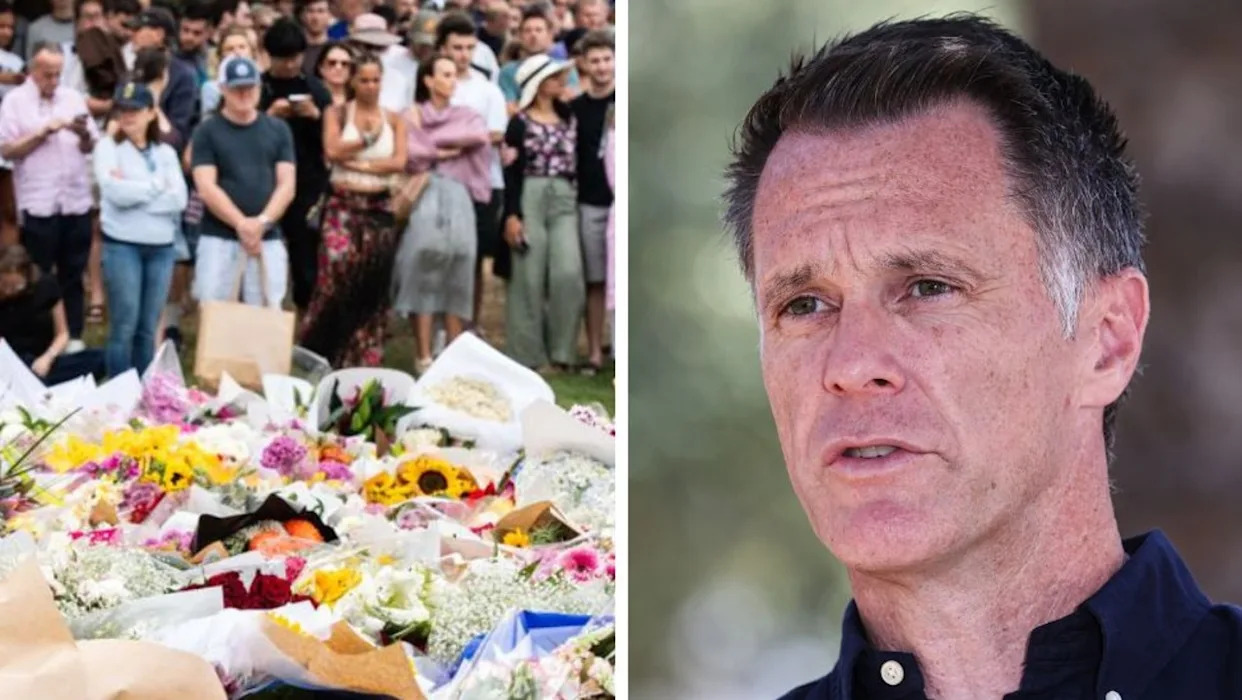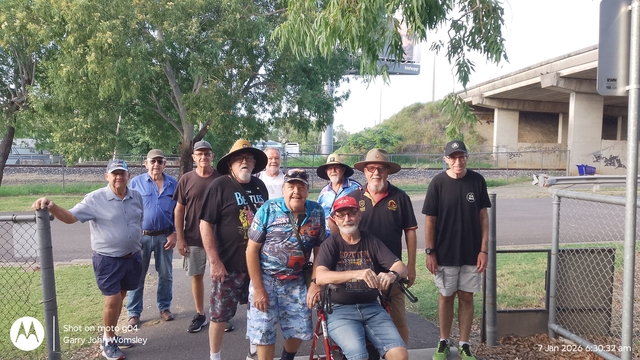
Parents in the UK have been misled by health companies promoting the banking of stem cells from children’s milk teeth as potential treatments for serious conditions like diabetes and autism. An investigation by Emma Wilkinson, published in the BMJ, reveals that three firms—BioEden, Future Health Biobank, and Stem Protect—are offering these services, charging around £1,900 plus an annual storage fee of £95.
Tooth stem cell banking, also known as dental pulp cell banking, involves parents collecting lost milk teeth and sending them to a laboratory for stem cell extraction. The companies assert that these stem cells can be used for various medical treatments, including those for autism and type 1 diabetes. Future Health Biobank claims to have released 26 tooth stem cell samples for treatment, targeting conditions such as knee cartilage regeneration, type 1 diabetes, and autism. Meanwhile, Stem Protect suggests that tooth stem cells could assist in repairing cleft palates and treating HIV/AIDS.
Despite these assertions, experts question the validity of these claims. Jill Shepherd, a senior lecturer in stem cell biology at the University of Kent, emphasizes the lack of supporting evidence, stating, “There is a lack of evidence and a paucity of research using dental pulp stem cells to treat patients.” Shepherd further noted that there is no indication that stem cells harvested from a child’s milk tooth would ever be required for treatment.
Concerns extend beyond the scientific community. Sufyan Hussain, who is involved in a global clinical trial assessing stem cell therapy for diabetes, highlighted the emotional aspect of this issue. “Parents naturally want the best possible outcomes for their children,” he said. However, he warned that companies may exploit these parental hopes to generate profit.
The ethical implications have also caught the attention of advocacy groups. Tim Nicholls, assistant director of policy, research, and strategy at the National Autistic Society, expressed outrage over the marketing of tooth stem cell procedures as a method to “treat” autism. “Autism is not a disease or illness; it cannot be treated and there is no cure,” Nicholls stated. He added that targeting vulnerable families with such expensive and potentially harmful procedures is both dangerous and morally questionable.
In light of the investigation, Future Health Biobank has indicated it is reviewing how it presents information on its website to ensure clarity between client experiences and clinical outcomes. A spokesperson for Stem Protect defended their practices, asserting that they have made no unfounded claims and that their website has been vetted by the Human Tissue Authority. They expressed a commitment to transparency and evidence-based marketing for stem cell banking.
As parents navigate the complexities of health claims related to their children’s wellbeing, the need for vigilance and informed decision-making has never been more critical. The investigation sheds light on the intersection of hope, science, and the commercial interests that can sometimes blur ethical lines in healthcare.






